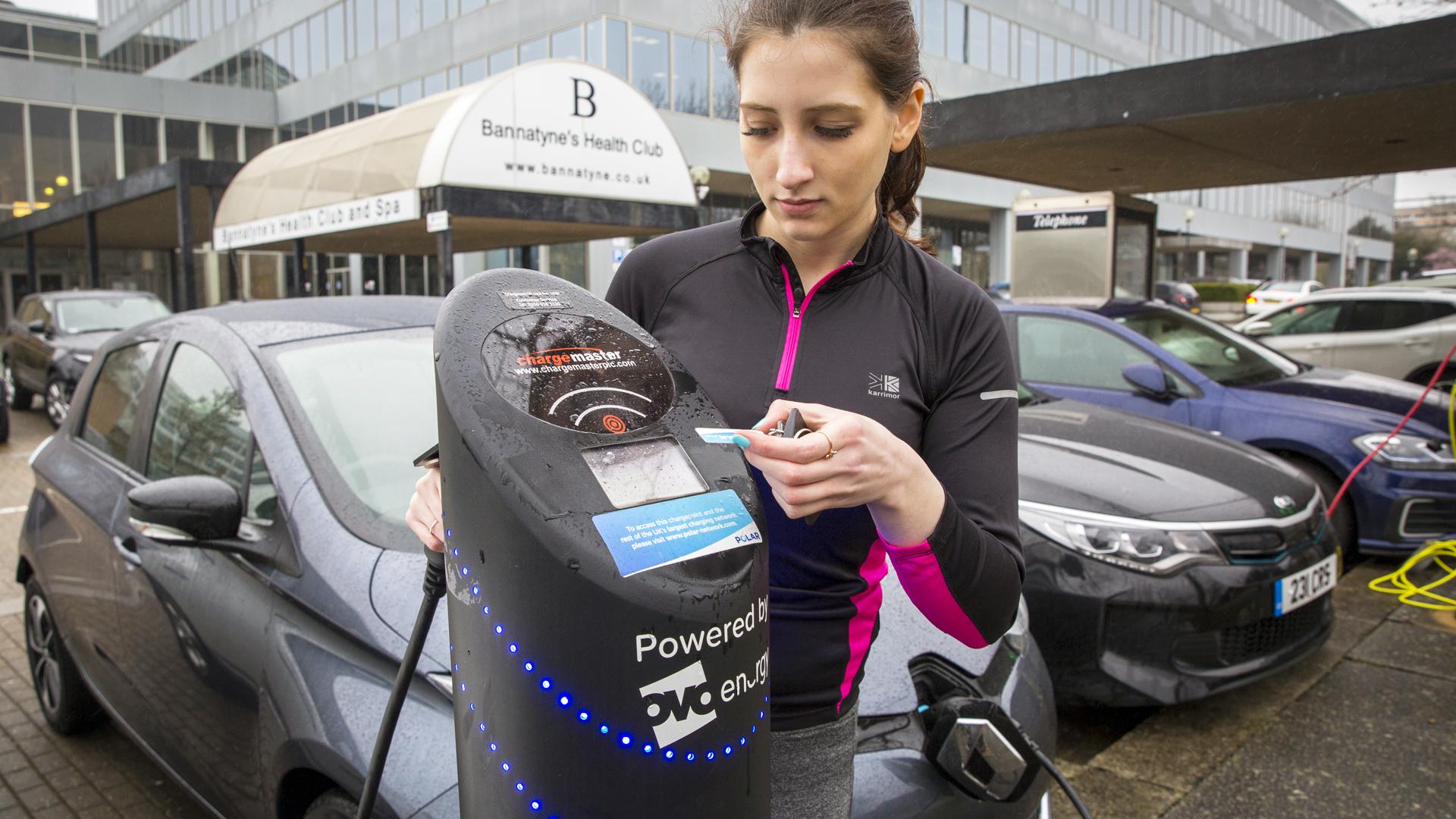Leeds clean air zone: Approval given for £50 charge
- Published
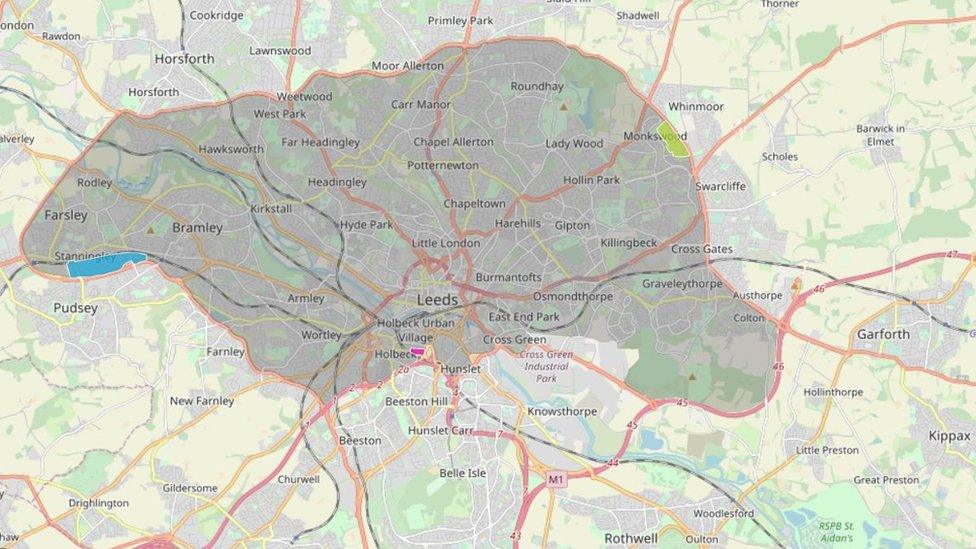
Leeds City Council released a map showing the Clean Air Charging Zone
The owners of heavy polluting lorries, coaches, taxis and private hire vehicles will be charged for entering parts of Leeds.
The city council has been given government approval - and £29m - to implement a Clean Air Charging Zone.
From 6 January 2020, the operators of vehicles will face charges of up to £50 per day to enter the zone.
The Road Haulage Association said the fee was a "punitive tax on the industry sector Leeds relies on".
More stories from around Yorkshire
Of the £29m, which comes from central government, £23m will go towards helping businesses adapt and get greener vehicles, while £6m will go towards creating a CCTV network to monitor number plates of vehicles entering the zone.
It marks a reduction in the original amount of £40m sought by the council for the plans.

Daily charge for non-compliant vehicles
Buses/coaches - £50
HGVs - £50
Taxi and private hire vehicles - £12.50 (or £50 per week for Leeds-licensed vehicles)
Private cars, light goods vehicles (LGVs), vans, motorcycles and any other vehicle - no charge

The zone covers most of the area inside the city's outer ring road, running from Farsley in the west to Colton in the east and Moor Allerton in the north to Hunslet in the south.
Road Haulage Association chief executive Richard Burnett said: "Charging HGVs £50 per day to enter the clean air zone is simply a punitive tax on the industry sector that Leeds relies on to maintain its economy and local businesses will inevitably be put at risk.
"This is yet another example of the government using a sledgehammer to crack a nut."
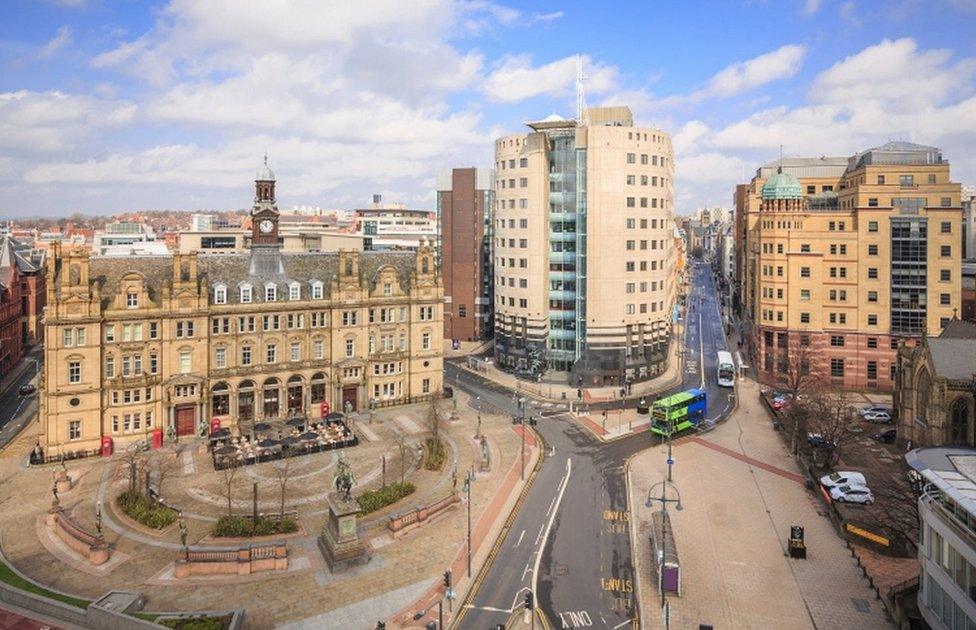
Leeds City Council will introduce the measure on 6 January 2020
Councillor James Lewis, the council's executive board member for resources and sustainability, said the authority had not got the full funding it asked for but financial support was available for the owners of affected vehicles.
He added: "Leeds City Council will not make money from these charges."
The authority has previously said Leeds has 500 taxis and more than 4,000 private hire vehicles, with 86% diesel, 6% petrol and the remainder electric hybrid and gas/bio-fuel.
- Published19 June 2018
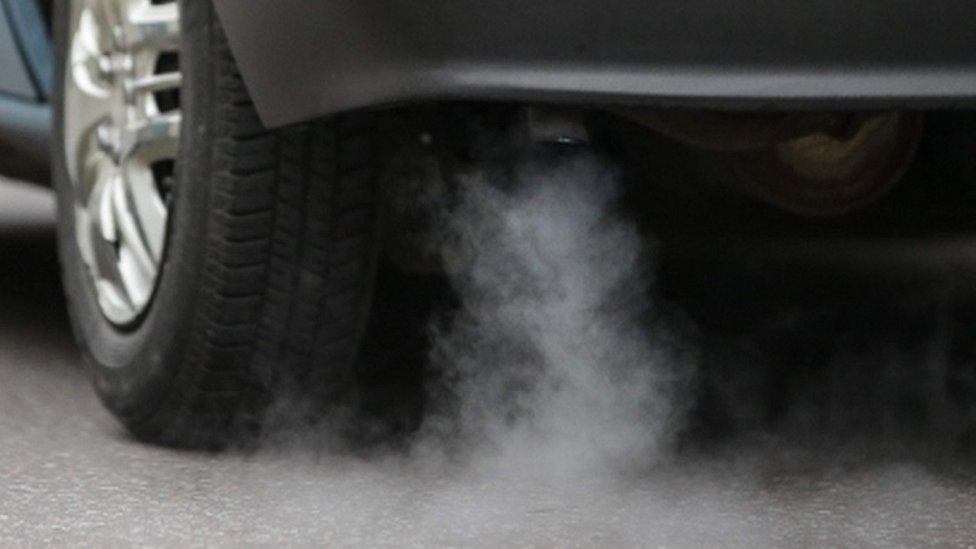
- Published5 December 2017

- Published27 November 2017
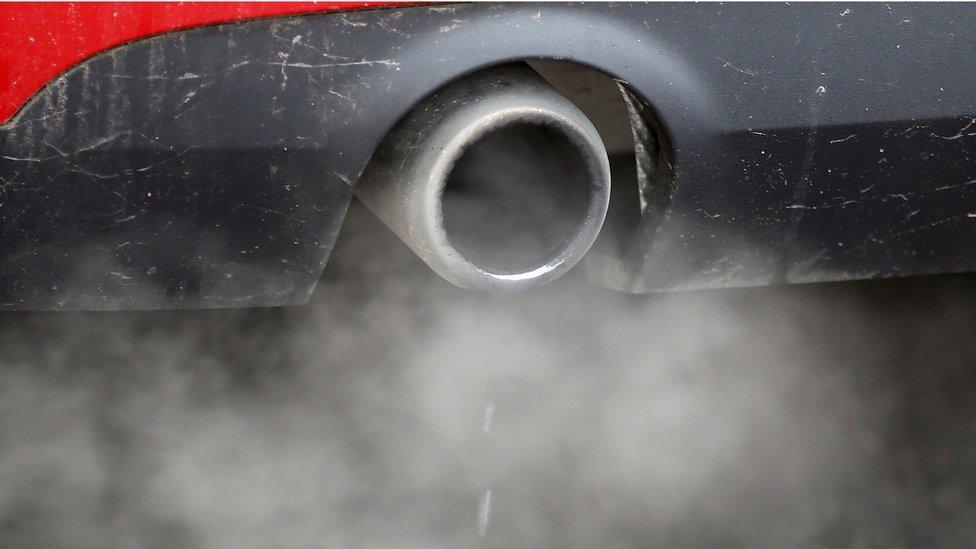
- Published4 February 2020
